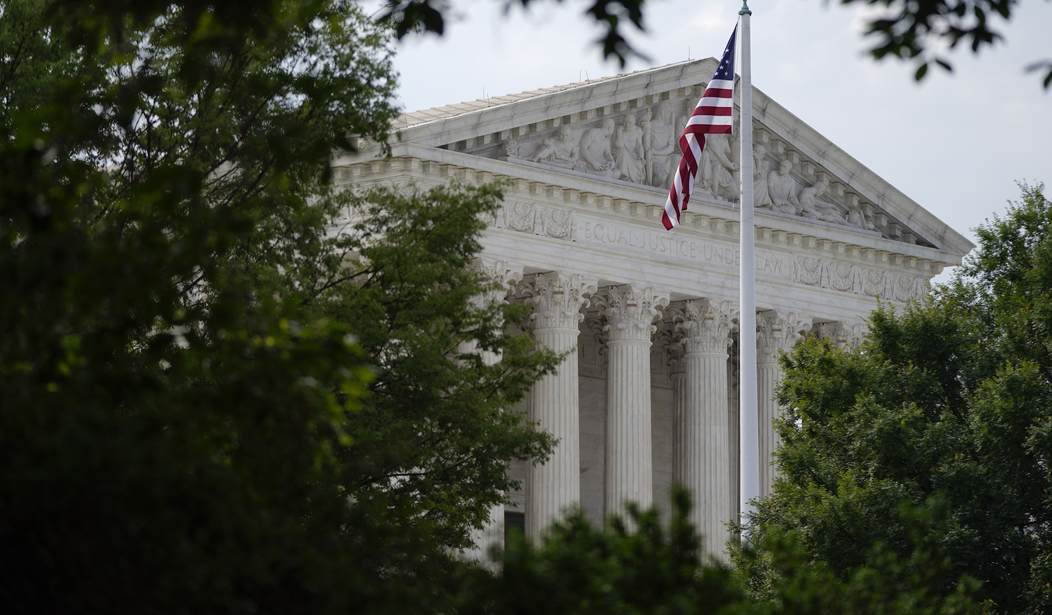For a long time, America’s disagreements with allies, domestic partisanship, and misguided preoccupation with well-meaning human rights principles have harmed American interests. When this happens, the effect has been to undermine U.S. national interests, alienate allies, make Washington appear unreliable, encourage foes, and invite challenges to American interests and influence. Moreover, this approach also makes the US look hypocritical, as Washington’s criticism is often muted when a high-level priority, e.g., a rapprochement with Iran, is at stake. The Obama Administration all but ignored the Iranian Green Movement of 2009, and the Biden Administration paid lip service to the recent protests, while the White House attempted to limit the Iranian nuclear weapons program by unsuccessfully resuscitating JCPOA in 2021.
Examples of such policy missteps abound. First, the Obama and then Biden Administrations have refused to provide security guarantees to the UAE and Saudi Arabia against Iran. The White House and State Department have criticized Israel for the conduct of the Gaza war and rolled out the perennially infeasible two-state solution initiative while Hamas still holds 140 innocent hostages, and the military operation is still ongoing. Nowhere this misconceived approach is clearer than in the State Department’s stance towards Azerbaijan.
The State Department’s annual report recently placed Azerbaijan on the watch list with Algeria, the Central African Republic, Comoros, and Vietnam as a “country of particular concern” under the 2016 Wolf Act that discusses “severe violations” of religious freedom, which is not the case of Azerbaijan. This policy exemplifies how Administration foreign policy alienates real and potential friends, causing long-term strategic consequences. . This action helps turn moderate pro-Western, secular, and culturally Muslim states against Washington. While it is attempting to appease Iran since 2021, the Biden administration is harassing a staunch US ally, Azerbaijan, which is located between Russia, Turkey, and Iran – all strategic actors of concern to the U.S.
This is not the first time that the administration pushed U.S. interests aside and promoted agendas that may reflect narrow interests and domestic political agendas. In November 2023, Assistant Secretary of State for European and Eurasian Affairs James O'Brien stated that Washington had to change the approach towards Azerbaijan after the wars in the Caucasus and that “there cannot be business as usual” with Azerbaijan. This one-sided approach appreciably damaged U.S. policies there.
Recommended
In response, Azerbaijan’s Foreign Ministry announced the suspension of visits by US officials and canceled the meeting of the Foreign Ministers of Azerbaijan and Armenia scheduled for November 20 in Washington, thus depriving the U.S. of its status as an independent mediator and moderator of the peace process in the Caucasus. The role of an honest broker would have allowed Washington to reduce Moscow’s and Teheran’s regional influence.
Then Secretary of State Blinken personally asked permission to visit Azerbaijan to normalize relations. President Ilham Aliyev agreed with this proposal with one condition: that after this visit the unjustified ban on visits of high-ranking Azerbaijani officials to the United States would be lifted. Secretary of State Blinken agreed.
Now, the ill-conceived designation of Azerbaijan under the Wolf Act as religious freedom violator has insulted Baku even more. One of the most tolerant Muslim states, it was included in the list of countries where the observance of religious freedom is of particular concern, in accordance with the 1998 International Religious Freedom Act (IRFA).
Azerbaijan is not only a US ally in the region but also a country that is Israel's main ally and partner in the region. In Azerbaijan, we see openness and tolerance towards Christians and no anti-Semitism for millennia. Mosques, churches, and synagogues stand side by side, and representatives of various ethnic minorities and confessions live in peace and respect other people's traditions. Moreover, Sunnis and Shiites pray in one mosque at the same time -- a case unprecedented in the Muslim world!
Former US Ambassador to Azerbaijan Matthew Bryza said: "I have criticized Azerbaijan many times. But there has never been any criticism of religious rights and freedoms in this country. This whole sphere is a big plus for the Republic of Azerbaijan. The State Department's decision is a mistake that was caused by misunderstanding and political pressure."
According to Bryza, insinuations about religious freedom in Azerbaijan are "an inappropriate attempt to undermine religious and ethnic tolerance, which is one of the greatest strengths of Azerbaijani society. My personal experience of living in Azerbaijan gives me reason to say that it is remarkably diverse and tolerant when it comes to different religious communities. One of the republic's greatest strengths is that its society is secular, with a predominantly Shia Muslim majority."
Consequently, the signing of the forthcoming peace treaty between Azerbaijan and Armenia, which is being prepared now, will definitely not occur in Washington. In fact, this may occur in Moscow as a message to Washington and as the result of the State Department’s actions. Those actions thus strengthened Iranian, Russian, and Chinese influence in the South Caucasus. Clearly, American policy in the Caucasus must take into consideration both American and local governments’ interests. Without partnership relations with Azerbaijan, the strongest and the richest country in the region, the U.S. cannot counter China's growing dominance in the Caucasus and Central Asia, or deter Russia and Iran. Only Azerbaijan has recently successfully countered Russia's post-imperialist policies in the southern Caucasus.
As Matt Bryza says: "There is no strategy for the Caucasus region [in Washington]. There is a struggle between a narrow group of diplomats and officials who know Azerbaijan, who know the situation in the region, and the majority who do not know, do not understand, but listen to lobbyists, representatives of the diaspora, who have never been to Azerbaijan themselves, but say that everything is bad in this country, human rights are constantly violated and there is no freedom. Including freedom of religion. This is a lie… And without a clear strategy on the part of Biden and Blinken, the professionals in this internal bureaucratic game are losing."

























Join the conversation as a VIP Member